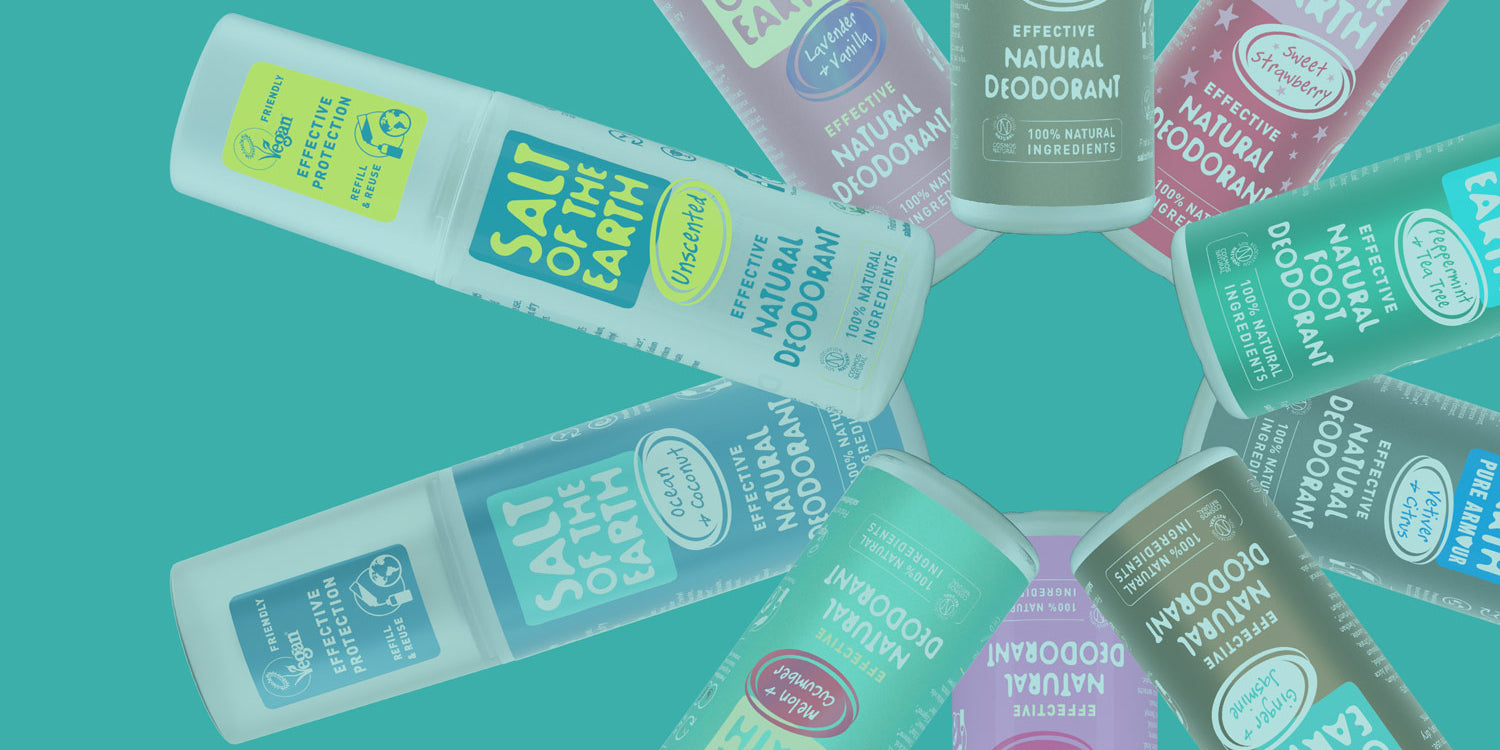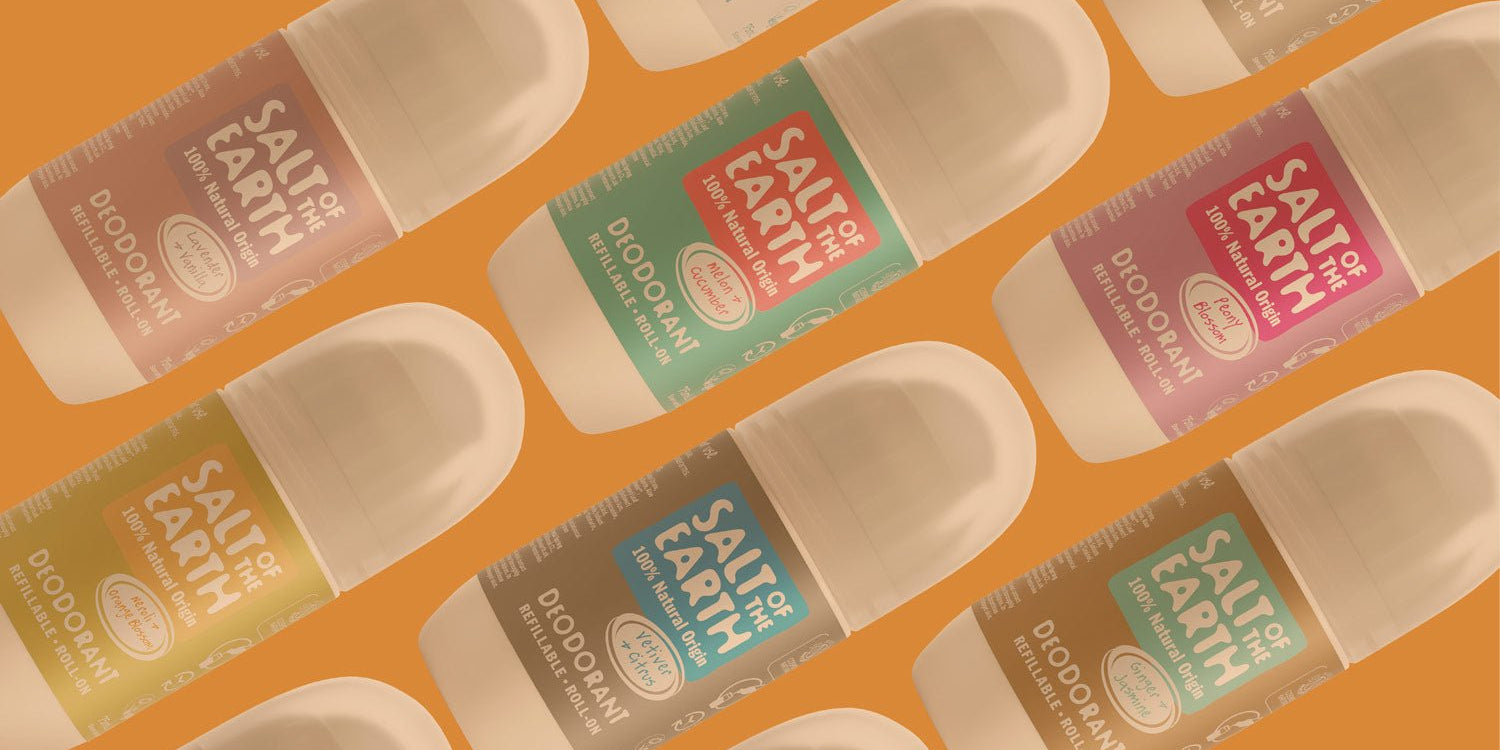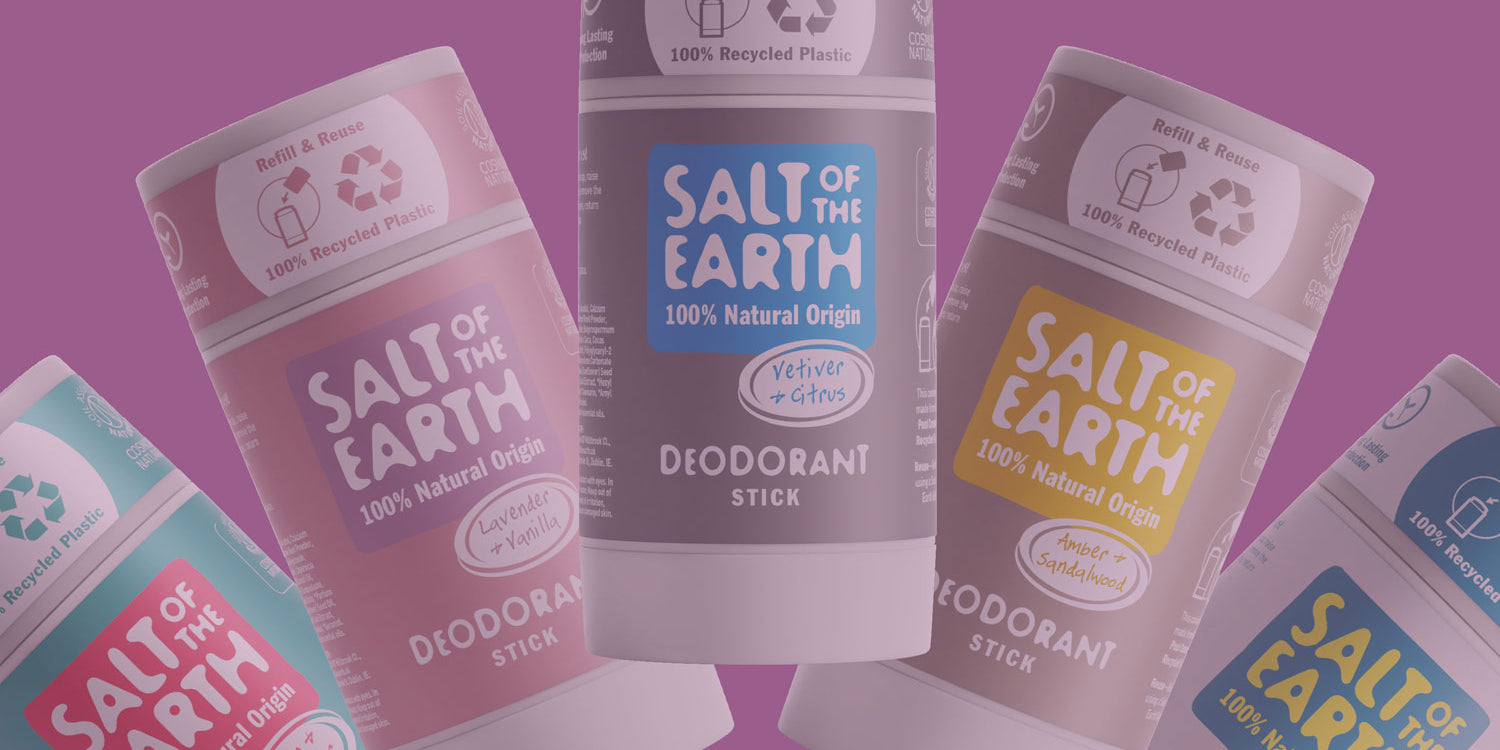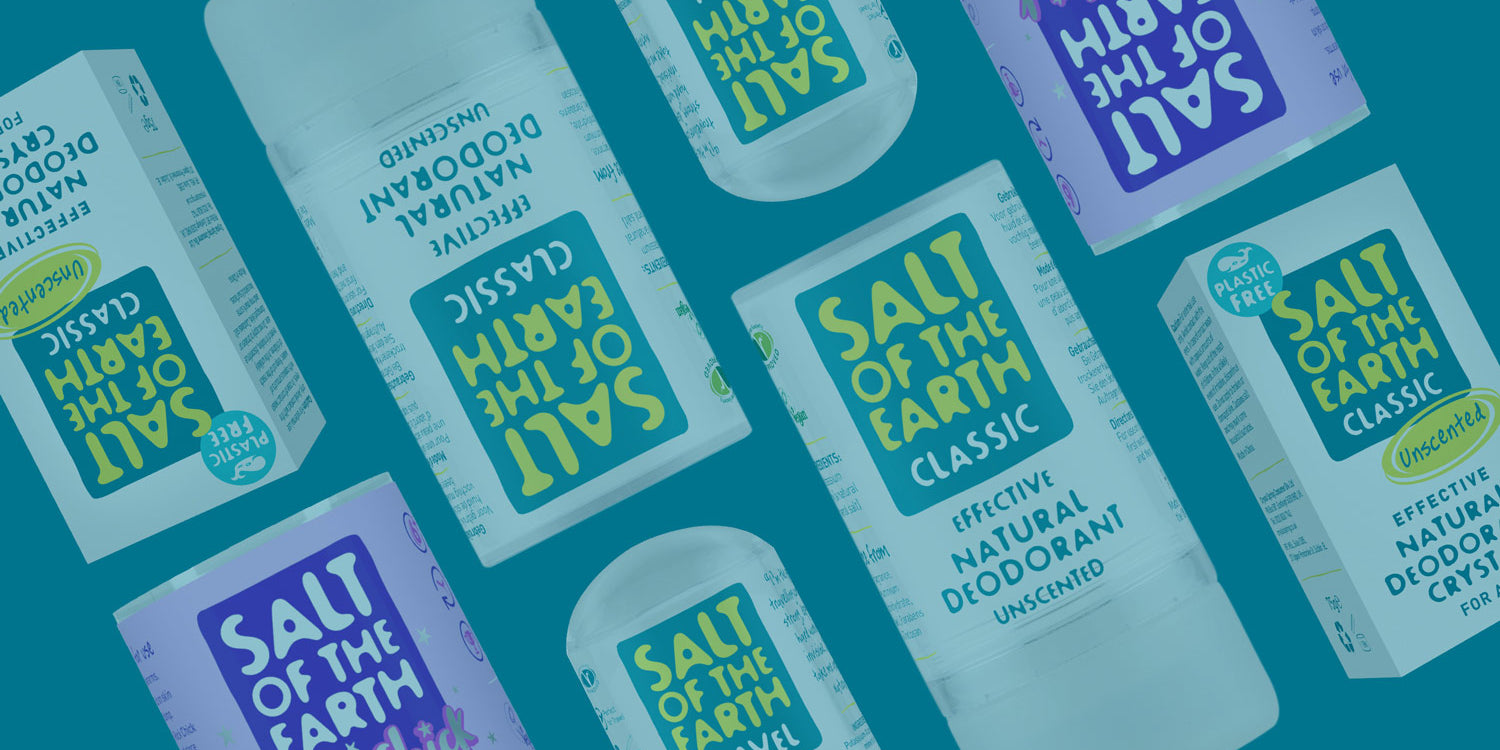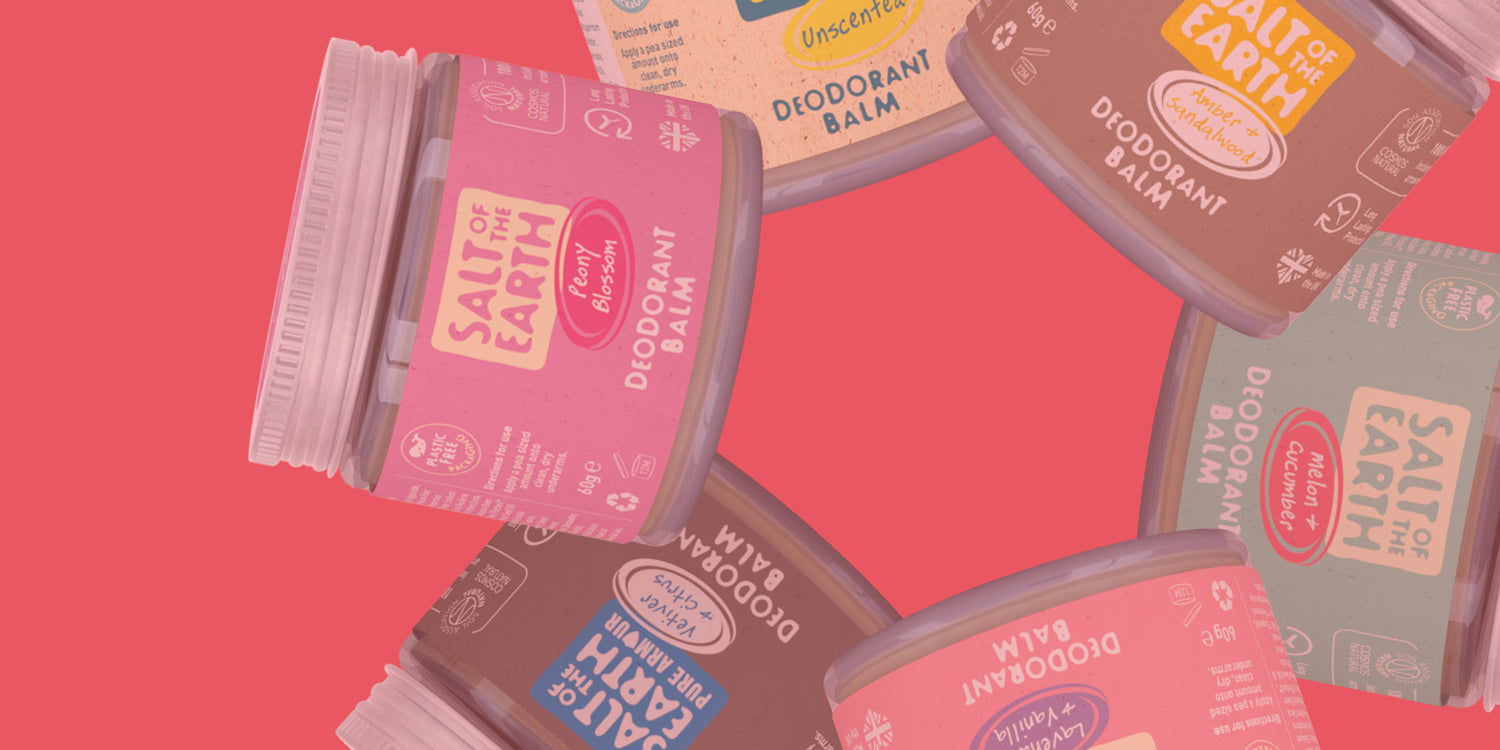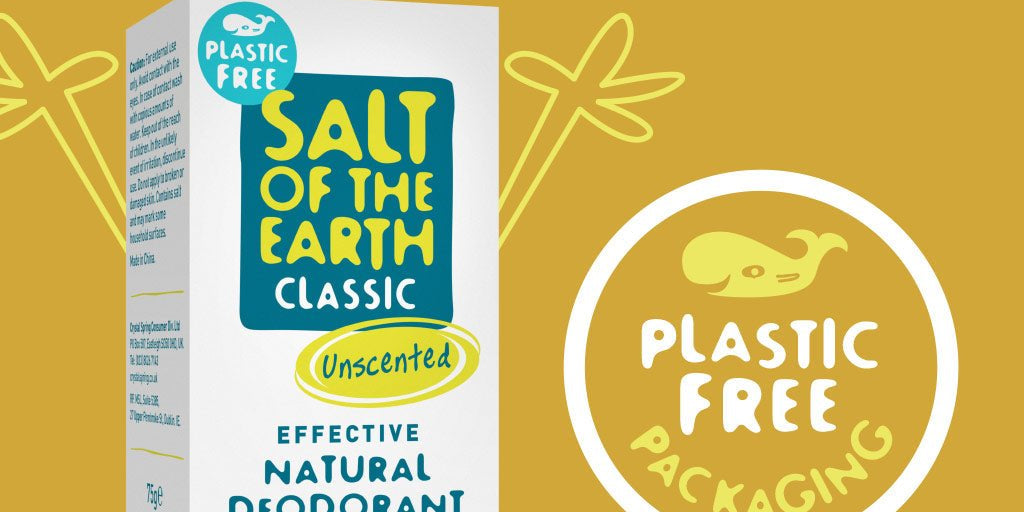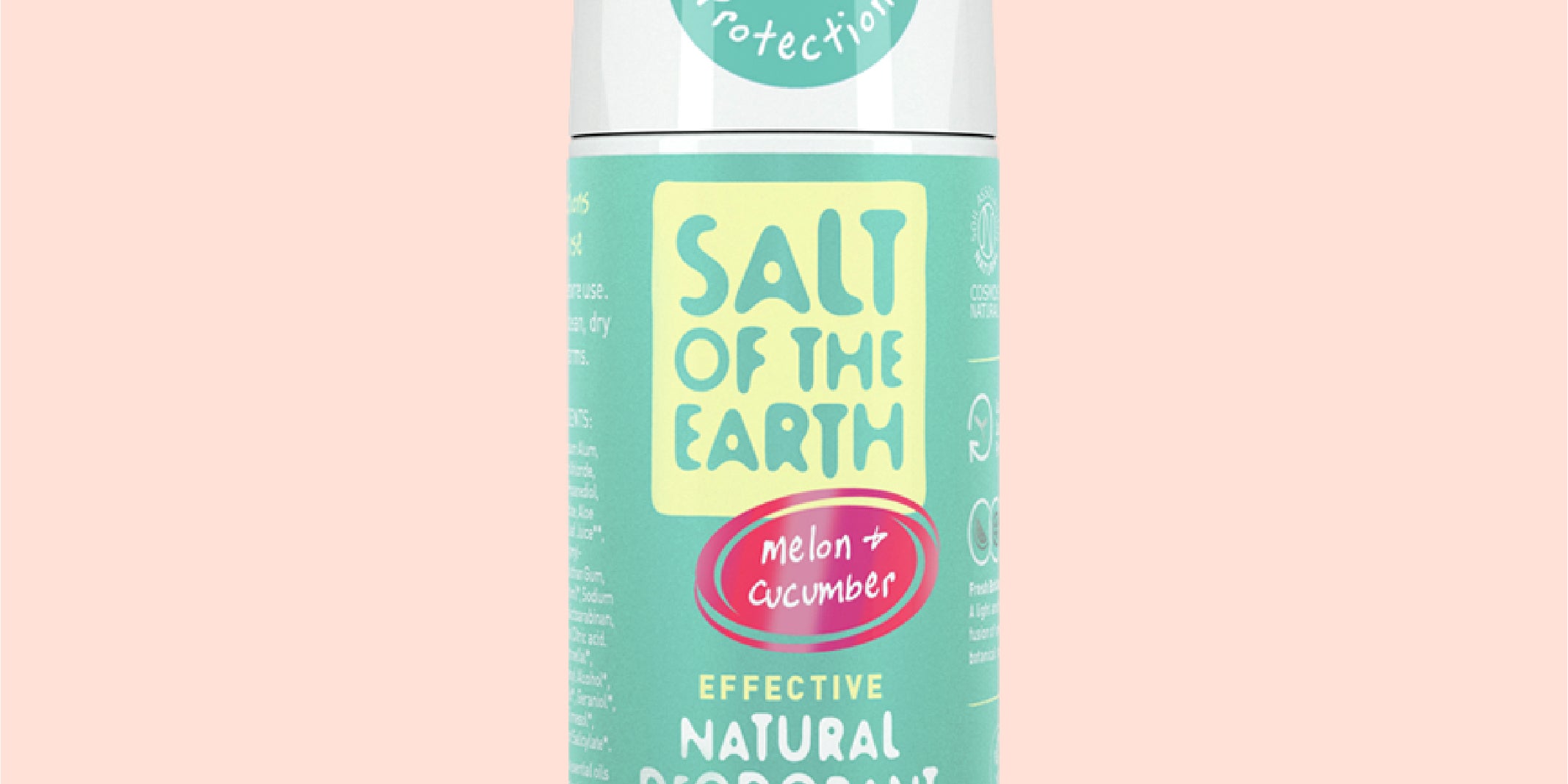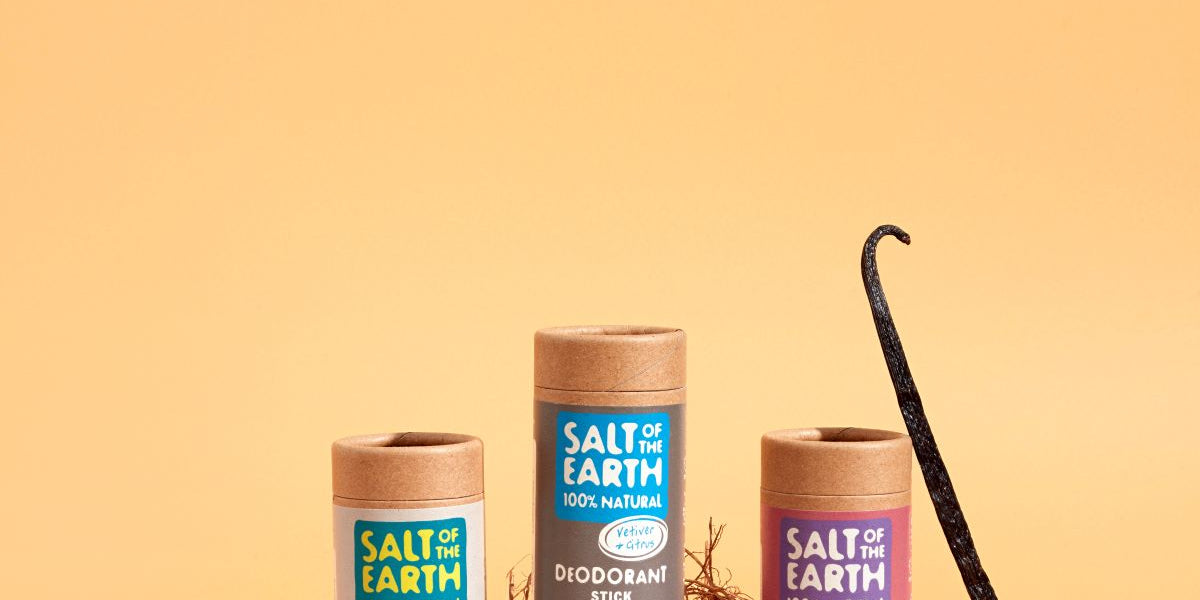Does the Quantity of Ingredients in a Cosmetic Have Any Bearing on How Natural the Product Is?
The notion that fewer ingredients in a cosmetic product automatically make it more natural doesn’t necessarily hold true. The term “natural” refers to how the ingredients are sourced (from nature rather than synthesised) rather than the number of ingredients a product contains. Let’s break this down further in the context of UK and EU regulations and market practices.
Definitions and Regulations
In the UK, the terms “natural” and “organic” in cosmetics are not as strictly regulated as they are for food products. This means products marketed as natural may vary widely in their ingredient profiles. Consumers can make informed choices by reading ingredient lists and understanding product labels.
Certification Marks
For a more reliable indication of a cosmetic product’s natural ingredients, look for certification marks from recognised organisations. In the UK, certifications like COSMOS from the Soil Association provide assurance that a product meets strict guidelines regarding the natural origins of its ingredients.
Ingredient List
A shorter ingredient list doesn’t necessarily imply natural ingredients; it simply means fewer components are used. These could be all-natural, all-synthetic, or a mix. Conversely, a long ingredient list doesn’t mean a product is synthetic; it may contain various natural oils, extracts, and essences.
Purpose and Functionality
The number of ingredients often relates to the product’s intended use and desired properties, such as texture, longevity, and effectiveness. Natural products can sometimes have longer lists if they utilise multiple plant-based components to achieve desired results without synthetic additives. Additionally, natural fragrances, though plant-derived, can significantly increase the number of ingredients listed due to the need to individually label potential allergens as required by UK and EU regulations. This is crucial for both formulators and consumers aiming to balance natural composition with transparency on allergens.
Myth vs. Fact
-
Myth: All natural products are chemical-free.
Fact: Natural products contain naturally occurring chemicals. -
Myth: Fewer ingredients mean a product is more natural.
Fact: The naturalness of a product depends on the sourcing of ingredients, not their quantity.
Environmental Impact
Opting for certified natural products can help lower your carbon footprint. Studies suggest that natural cosmetics, when responsibly produced, can have a smaller environmental impact, as they often avoid synthetic ingredients that may require more energy-intensive processing.
Consumer Research
For those seeking truly natural cosmetics, researching and understanding each ingredient is beneficial. Look for reputable certifications like COSMOS from the Soil Association to ensure the product meets high standards for natural origins. Salt of the Earth products are 100% natural origin, giving you confidence that you’re choosing the best for your skin and the planet.
Conclusion
Whether a cosmetic is natural is determined more by the origin and type of its ingredients than by the simplicity of its formula. Checking for reputable certifications and understanding ingredient lists are key steps for consumers looking for genuinely natural cosmetic products.
Discover Salt of the Earth
At Salt of the Earth, we pride ourselves on offering a wide range of deodorants that are 100% natural origin, certified by COSMOS, and free from aluminium chlorohydrate. Explore our collection and experience long-lasting protection that’s kind to you and the planet.

